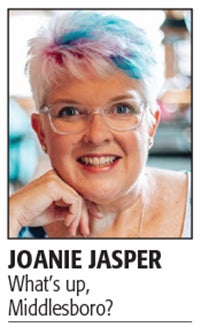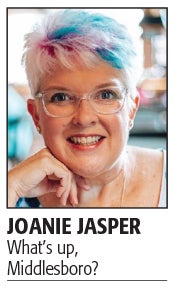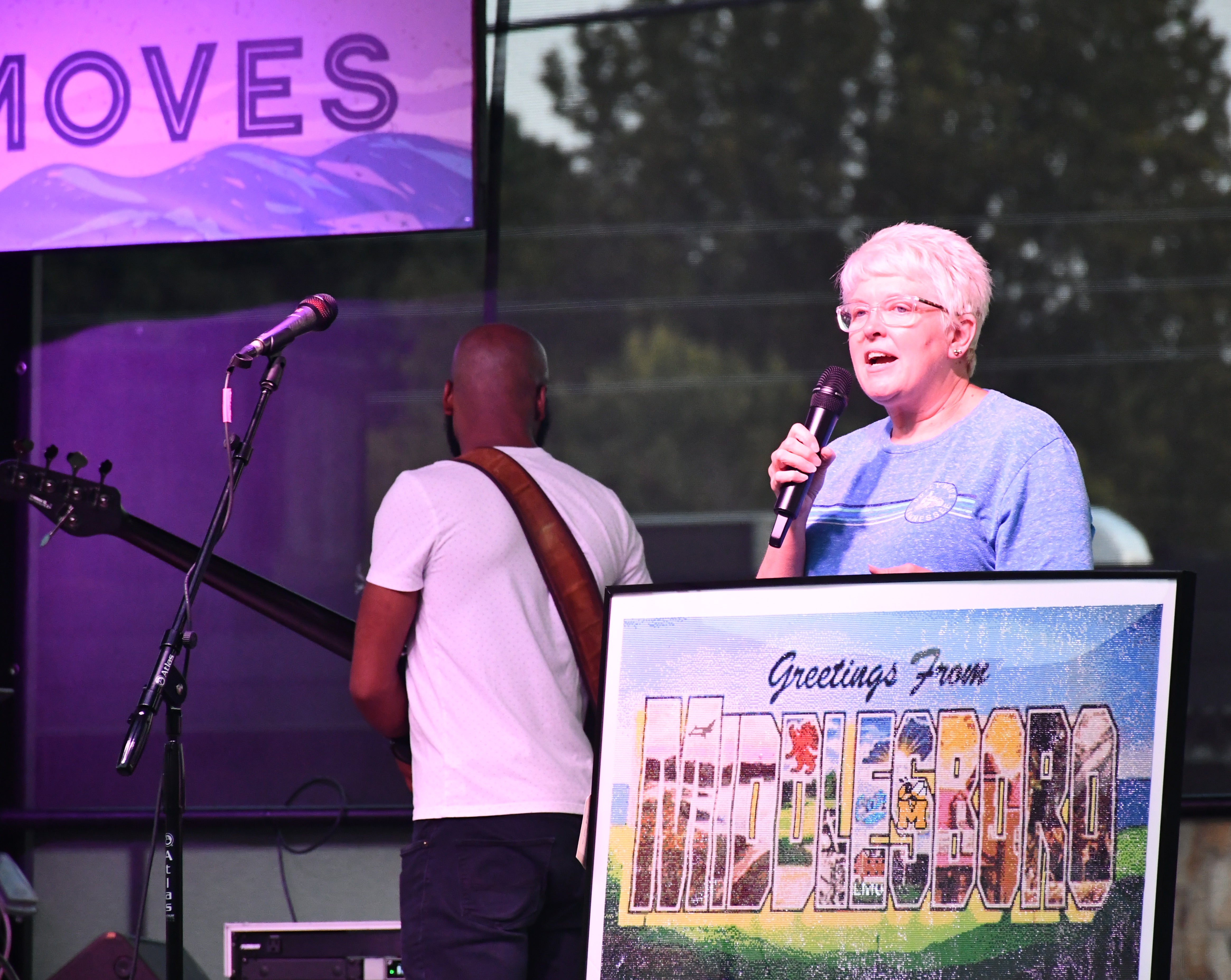A few words on words
Published 3:20 pm Tuesday, September 11, 2018
A few days ago, there was an announcement that 840 words had been added to the Merriam-Webster Dictionary.
Are they all new words, unknown to most of us? Or, as is often the case, are many of those words already on the American scene to the extent that there is now justification for being included in the dictionary?
In fact, the editors pointed out that “it’s important to remember that new words are added … only when they have been used by many people …” They also noted that “the dictionary’s job is to report that usage as it enters the general category.”
Although there is no exact count of the number of words in the English language, it has been estimated that the vocabulary of English includes roughly one million words. Of that estimated number, current dictionaries include about 470,000 entries (www.merriam-webster.com).
In that context, the addition of 840 words doesn’t seem enormous. The addition is a step in an ongoing process of recording the expanding language.
A few of the words added this month include ‘airplane mode,’ ‘food bank,’ ‘tent city,’ and ‘self-harm.’ Not too surprising since we see and hear those words frequently in today’s world.
‘Generation Z’ is included for people born in the late 1990s and early 2000s. ‘Latinx’ is there as a gender-neutral substitute for Latina and Latino.
A few additions that might be surprising are these: GOAT (greatest of all time), ‘ribbie,’ a spelling based on the way RBI is pronounced by some fans and some baseball commentators, and ‘marg’ for margarita.
There are several internet sources for further pursuit. Each of them offers some news and notes on the addition of the 840 words and provides a perspective on the history of the dictionary as we know it.
The publication has evolved since Noah Webster published his first dictionary in 1806. He completed a more comprehensive dictionary in 1825. That book contained 70,000 words. That number helps us put in perspective the addition of a mere 840 this month.
#####
William H. Baker, native of Claiborne County and former resident of Middlesboro, may be contacted at wbaker@limestone.edu






